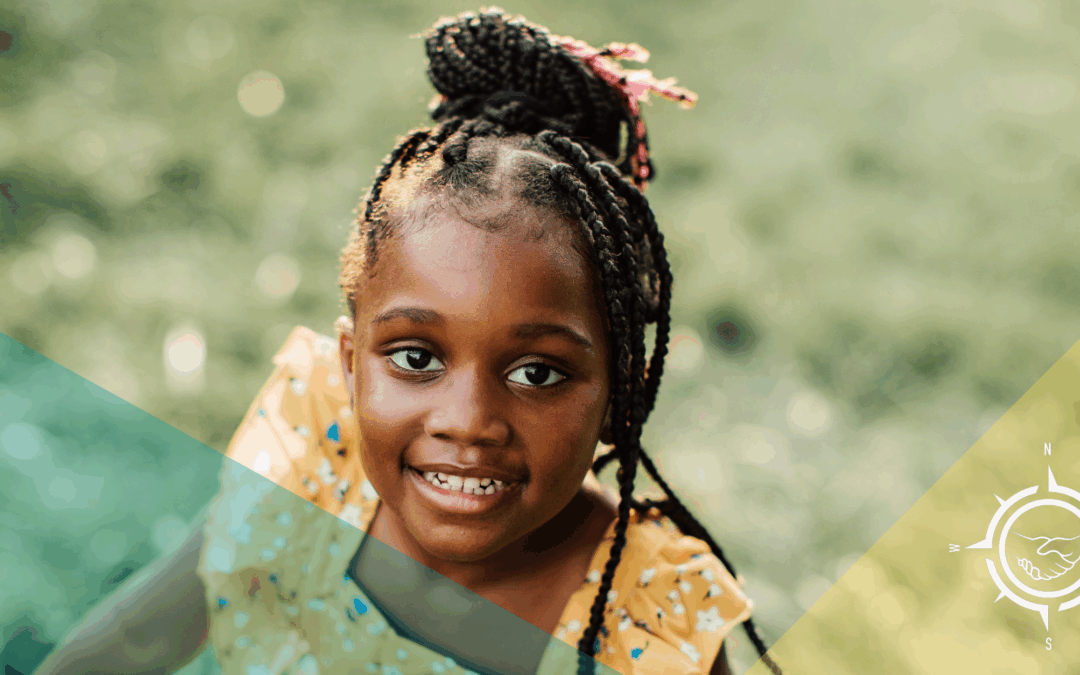How Stories Help Us Heal, Cope, and Connect
Books are powerful. Reading is a calming activity and can be used to learn but is also an escape for a bit and provides some fun. Books can often have representations of some aspect or challenge in your life, allowing you to learn from them. In other words, books help build resilience. Reading a book that you can see yourself in is an opportunity to learn how to take on those same challenges in your life, or perhaps learn what not to do too. And for children or adults who have experienced trauma, this can help you on your journey toward healing.
Books as Medicine: Benefits of Bibliotherapy
Reading can have a positive effect on both our mental and physical health. This form of medicine has been referred to as bibliotherapy. Reading can reduce stress and depression, lower blood pressure, and improve sleep (as long as you aren’t reading late into the night)! Reading has even been shown to help chronic pain sufferers.
There is a lot of evidence showing that bibliotherapy, which is reading books on specific themes or topics, can help children who have experienced trauma. The American Academy of Pediatrics advocates shared reading as an effective and positive early intervention to promote health, well-being, and development while reducing or preventing childhood toxic stress.
Diving deeper on these findings, books can help soothe pain and distract us from discomfort. Stories have the power to take us out of our surroundings and provide a form of escape. But it’s not just an escape; books have been shown to lower cortisol, which is known as the “fight or flight” hormone. When cortisol is high, it can lead to stress and pain. But with just a half hour of reading, studies have shown a noticeable dip in cortisol!
Stories can also increase our oxytocin, a hormone that plays a key role in social interactions and is strongly linked to bonding, empathy, trust, stress reduction, and emotional processing. Reading books can help us regulate our emotions and feel more connected, especially when we read with others.
When we see ourselves in a character, books offer opportunities to learn and grow. It’s a way to let a child know they aren’t alone in their experiences, and can help guide them on life’s journey, overcoming challenges and obstacles that are similar to that in a story.
Books offer us the opportunity to process emotions and open up conversations. They provide an accessible format for kids to experience the story and understand their own thoughts and feelings. Think of how you can use books to normalize, validate, identify, and acknowledge big worries or emotions your child is having.
Books can also help shift our perspective. When we feel hopeless, books can help us learn to have a more positive outlook, teach us coping skills, and build self-confidence. Books can even help keep morale up during tough times; bibliotherapy was used during World War I for children, those in the hospital, and for soldiers returning home.
Key Takeaways
Bibliotherapy has been around for a long time, and the joy and peace that reading a book is something adults often innately know. Books for more than just pleasure reading can help to guide us, start conversations, and help us acknowledge our own feelings. This can be helpful for children growing up, but also for people of any age looking to heal from trauma.
If you are looking for book recommendations to help with healing from trauma, ask your local librarian or adoption center! Both are a great resource for finding the right book for you or your child.


